Is Pasta Good For Bulking: A Nutritional Powerhouse of Energy
Author:
Unlock your full potential by engaging with our experts and community! Have questions about your fitness journey or looking for expert advice on weightlifting techniques? Don’t hesitate — leave a comment below and Camila Parente Santos will provide a personalized answer and insights to help you reach your goals.
Torokhtiy is reader-supported. Some links are affiliate links, and we may earn a commission at no extra cost to you. See our disclosure page for details.
When talking about pasta, you think about delicious foods like lasagna, fettuccine alfredo, spaghetti meatballs and so many more. These pasta dishes aren’t only tasty but they’re loaded with carbs and protein. However, those hitting the weights to pack on some mass often wonder, is pasta good for bulking?
Is pasta good for bulking? Yes! For anyone looking to pack on some serious mass, pasta can be an excellent source of carbohydrates. Also, carbs are important to replenish your muscle’s glycogen levels for those heavy-duty gym sessions, and you can add protein to the pasta to build muscle.
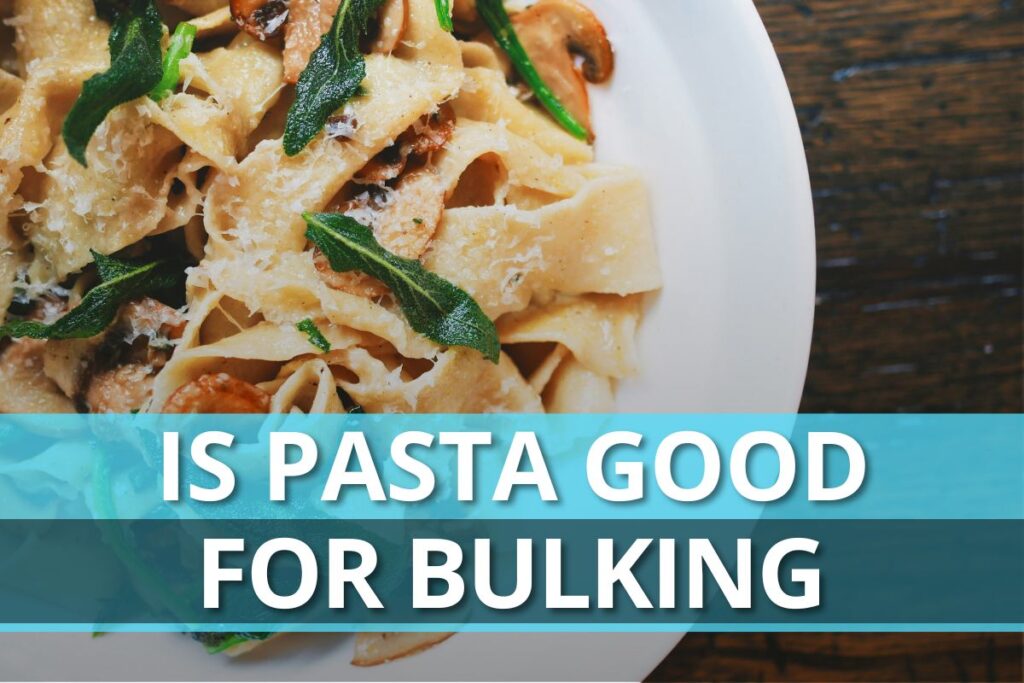
Is Pasta Good For Bulking?
You can add pasta to your diet if you are in a bulking phase and want to gain weight. The extra carbs will fuel your workouts, especially if you consume pasta pre-workout.
Sometimes feeling too full can inhibit you from eating enough calories for a surplus. A calorie surplus is a high-energy state where you ingest more calories than you burn. But moderate portions of pasta don’t make you feel full, which helps you consume more calorie sources.
How Do You Consume Pasta For Bulking?
1. Choose The Right Pasta
Not all pasta has the same nutrient constitution. Whole-grain pasta is a great option as it has a low glycemic index, which helps to keep your blood sugar levels in check while providing energy throughout the day. Go for whole wheat pasta with more than three grams of fiber per serving.
White pasta is also effective for bulking. It doesn’t need much digestion and gives you instant energy. You can consume it before your workout or earlier in the day. It has a lower fiber content than whole wheat pasta, but you can add vegetables to increase your fiber intake.
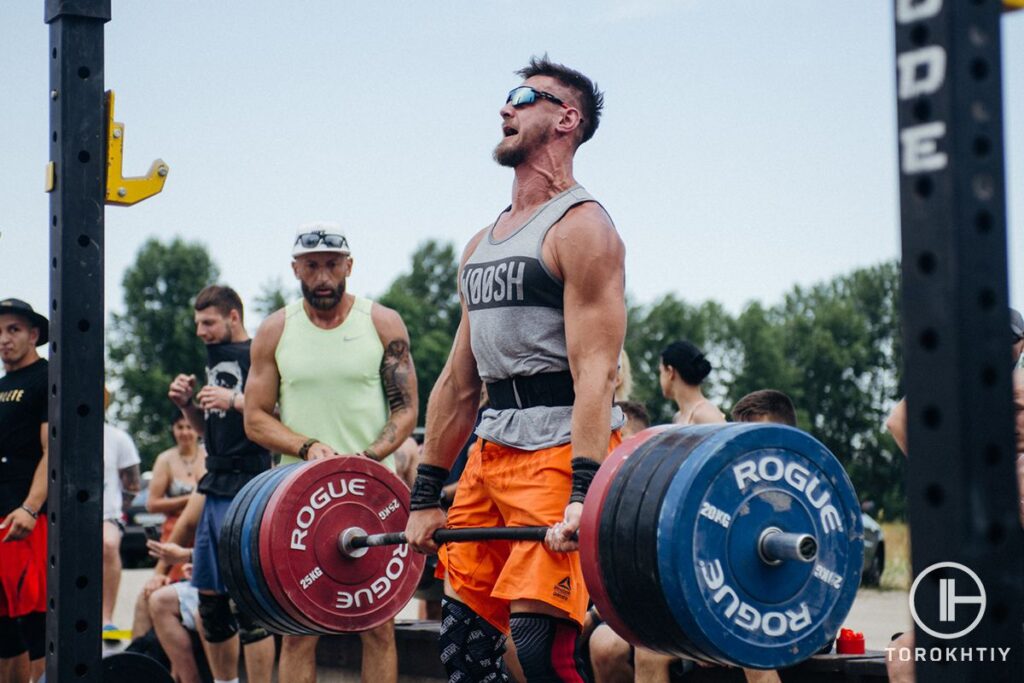
If you want a plant-based protein, go for legume pasta. It comprises edamame, quinoa, lentils, chickpeas, or beans. Most legume pastas on the market offer at least five grams of protein per serving size. However, legume pasta requires digestion, has fewer carbohydrates than wheat pasta, which is why it is better not to consume it close to the training session.
2. Add Protein To The Mix
The best way to make your pasta a nutritional powerhouse is to add protein. After all, protein aids in muscle growth, optimal health during normal growth and aging. However, pasta is not a protein-rich food. A cup of whole wheat pasta, for example, has less than 10 grams of protein. That is why you must pair pasta with a protein source like chicken, beef, or tofu for bulking.
3. Load Up On Carbs
Pasta is an excellent source of carbohydrates, but it is not sufficient for your daily intake. On average, a cup of pasta contains little more than 40 grams of carbs. Hence, you should also incorporate other sources of carbs into your diet, like fruits, vegetables, and whole grains. Other good sources of carbs include brown rice, quinoa, sweet potatoes, potatoes, oats, and whole-grain bread.
4. Have It Before You Work Out
Pasta has carbs, which can fuel your activity during the workout. Hence, it is ideal to have it 60 minutes before you exercise. You should also measure your portions; eating too much can cause bloating or gastric discomfort and hinder your workout.
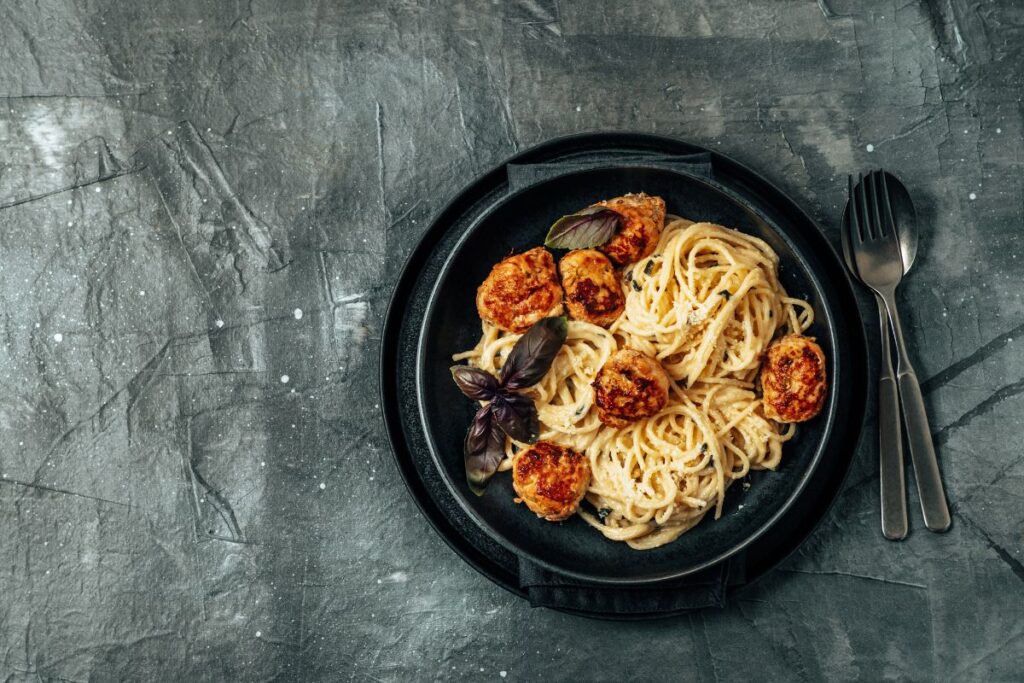
The best way to go about it is to consult a dietitian who can help you create a bulking meal that incorporates accurate portions of pasta.
Can I Eat Pasta Everyday?
You can have pasta every day or several times a week, provided you pair it with proteins and other carb sources like fruits. For example, you love spaghetti and are wondering is spaghetti good for bulking? Well, as long as you manage your portion sizes and add protein and vegetables to make it a complete and balanced meal, you’re good to go.
How Much Pasta Can You Eat When Gaining Muscle Mass?
There’s a lot of confusion out there regarding; is pasta good for muscle gain? Well, pasta on its own is a good source of carbs, but not much when it comes to protein and healthy fat.
However, you cannot rely on pasta alone to meet your daily nutrient requirements for gaining muscle mass. Calorie requirements vary with your physical traits, but there are some general guidelines.
For example, if you weigh 140 lbs, you need a daily protein intake of 100g to 138g, carbs around 380g to 630g, and fat around 50 to 75 g for bulking. Hence, you need other sources of protein, carbs, and fat along with pasta to gain muscle mass.
5 Lean Bulking Tips
When it comes to building muscle, also known as lean bulking which is the process of gaining muscle while maintaining fat, you need to add protein to your daily diet.
Here are some ways you can bulk without gaining body fat:
1. Choose A Non-Aggressive Calorie Surplus
Research suggests maintaining a calorie surplus of around 250-500 calories per day (5-10% of your maintenance) for lean bulking. It means you consume slightly more calories than your body burns each day, but not enough to accumulate a lot of fat. Also, focus on consuming full, nutrient-dense meals high in protein, carbs, and healthy fats.
2. Eat Enough Protein (1.62-2.2 G/Kg)
Experts recommend you consume 1.3, 1.6 to 2 grams of protein per kilogram of your body weight every day. Once again, pasta alone cannot suffice for this. Hence, incorporate other sources of protein in your diet, like fish, eggs, nuts, and lean meat. You can also use supplements.
3. Engage In Strength Training With Progressive Overload
Progressive overload means you increase the weight, reps, or sets of an exercise gradually. It strains your muscles and triggers muscular hypertrophy.
For instance, if you do 8-10 reps of bench press, increase the weight by 5-10 lbs every week until you can do 12 reps with the increased weight. And you can continue the process gradually.
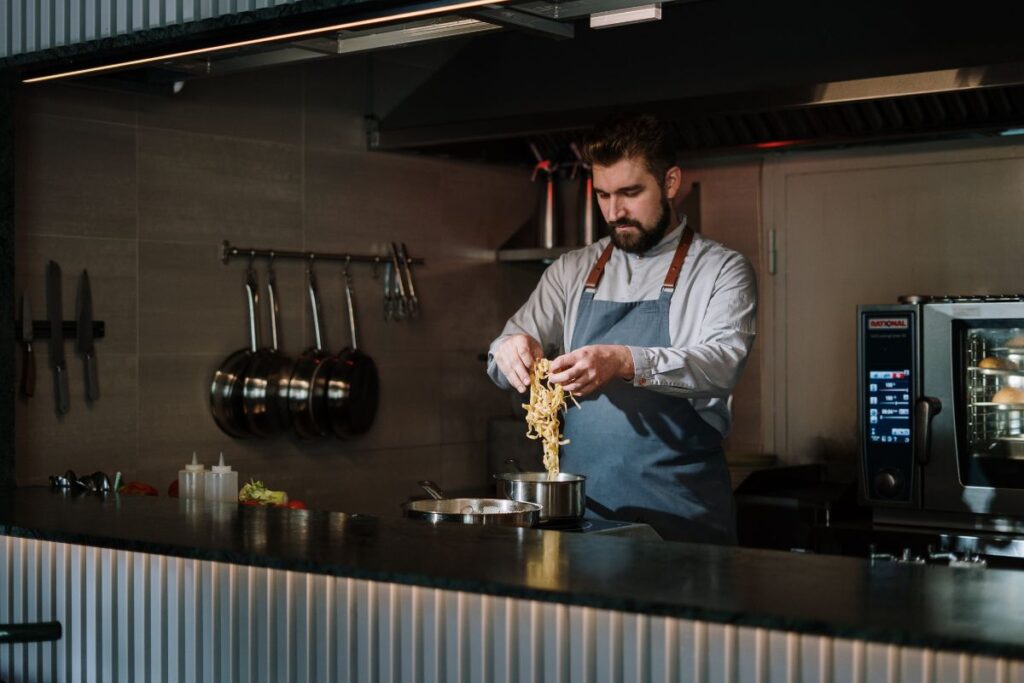
Progressive overload also means you reduce the rest time between sets. Also, switch exercises to focus on all muscle groups.
4. Sleep 8-9 Hours A Day
Poor or inadequate sleep hinders muscle growth and delays recovery. Here are some tips for bodybuilders to improve their sleep:
- Maintain a schedule: Plan your day, and make sure you sleep and wake up at the same time every day, even on Sundays.
- Plan your bedtime: Instead of ‘crashing,’ create a relaxing bedtime routine to help you unwind before sleep. You may read a book or have chamomile tea. But avoid caffeine or alcohol.
- Be comfortable: Good sleep requires a cool, quiet, and comfortable space. So ensure your sleeping space is comfortable. And if you can, invest in a firm mattress with a higher density foam.
To sum up, good rest and deep sleep of at least eight hours a day boost the benefits of working out and calorie intake.
5. Have Patience And Be Consistent
Moving on, bulking requires you to keep track of your progress. That way, you can tweak your diet and exercise routine. Tracking can be as simple as using a digital scale, clicking photos, or taking measurements of your muscles.
A workout schedule and meal plan are also crucial. It’s best to have a workout buddy or a coach. This support system keeps you motivated and accountable.
6. Limit Weight Gain To ~1% Of Total Bodyweight Per Month
Having patience also means that you adopt a long-term approach to bulking. It is recommended that you limit weight gain to 1% of your bodyweight per month. It helps you avoid excessive fat gain.
Beginners usually experience rapid gains with higher training volumes and caloric surplus. Intermediate and advanced athletes, on the other hand, would require smaller gains, around 0.25-0.75% of their total body weight.
This also varies from person to person. Some can experience rapid gains with a higher volume training, while others require lower volume but higher intensity exercises.
You can limit your weight gain with the lean bulking tips listed above (calorie surplus, sleep, progressive overload etc.)
Mass Gainer We Recommend
Transparent Labs Protein Series Mass Gainer
- Diet Type (Best For): Build muscle, Mass gainer
- Suitable For Vegans: No
- Protein Source: Grass-Fed Whey Protein Concentrate
- Serving Size: 194 grams (2 scoops)
- Price Per Serving: ~$5.33
- Proteins: 53 grams
- Carbohydrates: 110 grams (depends on flavor)
- Fat: 14 grams (depends on flavor)
- Calories Per Serving: 750 (depends on flavor)
- Company Founded: 2015
- Recommended By Athletes: Hafþór Júlíus Björnsson, Terron Beckham, Paul Sklar
Looking for nutritional supplements for lean bulking? This is our recommended supplemental Mass Gainer by Transparent Labs. It comprises quality ingredients to fuel your training. The product uses grass-fed whey concentrate as the protein source, which is easily and quickly digested to give you the energy to fuel your workouts and gain mass.
It also contains creatine monohydrate, which promotes lean mass growth with resistance training. It also slows down muscle breakdown and increases long-term growth. Mass Gainer also includes organic tapioca maltodextrin, which is a fast-digesting carbohydrate.
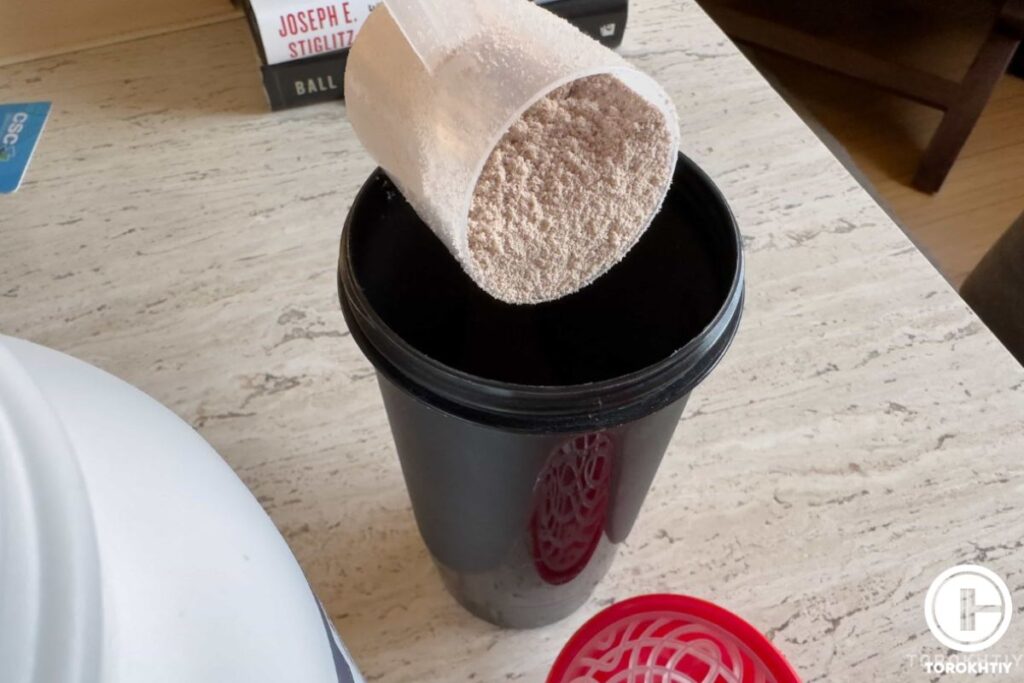
It is recommended that you consume the product once or twice a day. Simply add two scoops to water or milk (15 to 20 ounces). The taste is good and not too sweet because it does not have too much added sugar or artificial flavors.
Overall, this mass gainer is highly recommended for its low added sugar and fat, high protein content, and all natural ingredients. If you don;t have an issue with how much it costs, and you prefer a mass gainer with a cleaner ingredient profile, this is the best product on the market today.
Positives:
Could be better:
FAQ
Is Pasta Or Rice Better For Bulking?
Whole wheat pasta and brown or black rice have similar nutritional value and have lower glycemic carbs. Both are good sources of carbs, which fuel your workout.
Does pasta build muscle?
Unfortunately no! Pasta on its own does not build muscle, it does however give you the energy to workout and lift heavy weights so you can initiate the muscle building process. You will have to consume protein with the pasta to gain muscle though.
Can You Lean Bulk With Pasta?
No, because pasta contains mostly carbs and very less amounts of protein. Pasta alone can provide a calorie surplus but not the protein for a lean bulk. Hence, you need a balanced diet and you may also use supplements like Transparent Labs Mass Gainer.
Is Lasagna Good For Bulking?
Yes, but in moderate portions. Lasagna can be high in cholesterol and saturated fat, which can cause excess fat gain and hinder your lean bulking efforts.
Is Ramen Good For Bulking?
No, as ramen is high in calories, carbs, and fat, but low in protein and essential micronutrients.
What Is the Best Pasta for Bulking?
You can consume refined wheat pasta to give you the carbs required for bulking. It has low fiber content so you won’t feel bloated after eating it.
Conclusion
Whether you’re skinny or an athlete looking to gain weight, adding pasta into your regular diet can help you to bulk up. And if you’re still wondering, is pasta good for bulking? Well, pasta is packed full of carbs allowing it to fuel your workouts, especially when taken an hour or so before a lifting session.
By adding protein like chicken, lean meat beef, or any other meat of your choice, you can turn your favorite pasta dish into a complete balanced meal.
In case you’re in a hurry and don’t have time to prepare a meal, you can go for a supplement like Transparent Labs Mass Gainer to give you extra calories to bulk up. It is a top tier supplement that gives you a combination of protein, carbs and fats with high calorie servings to speed up that bulking process.
So, how difficult is it for you to bulk up? Share your journey with us in the comments section below and if you have any questions, do not hesitate to ask! Happy bulking!
Also read:
- Does Mass Gainer Make You Fat
- How to Use Mass Gainer
- Should You Do Cardio While Bulking
- Is Oatmeal Good for Bulking
- Weight Gain Smoothies
- When Is the Best Time to Bulk
References:
- Brenda Peralta, RD, “Is Pasta Good For Bulking? A Dietitian Answers”, FeastGood, https://feastgood.com/pasta-bodybuilding/, (accessed January 15th, 2024)
- Oliver Bashforth, “Is Pasta Good for Bodybuilding?”, Blackridge Fitness, https://www.blackridgefitness.com/is-pasta-good-for-bodybuilding/, (accessed January 15th, 2024)
- Nathan Petitpas, “Myth: Is Pasta Good For Bulking? Full List of True Best Foods For Bulking”, PHYSIQZ, https://physiqz.com/nutrition/is-pasta-good-for-bulking/, (accessed January 15th, 2024)
- Deniz Efe, “Is Pasta Good For Bodybuilding?”, FitnessEquipped, https://fitnessequipped.com/guides-tools/is-pasta-good-for-bodybuilding/, (accessed January 15th, 2024)
- Feruza, “Is Pasta Good For Building Muscle? Recipes and Tips”, FoodWine, https://foodwine.com/pasta-good-for-you/, (accessed January 15th, 2024)
- Photos by eaterscollective, unspash.com; Mikhail Nilov, cottonbro studio pexels.com; fascinadora, canva.com
Why Trust Us?
With over 20 years in Olympic weightlifting, strength training, nutrition coaching, and general fitness our team does its best to provide the audience with ultimate support and meet the needs and requirements of advanced athletes and professional lifters, as well as people who strive to open new opportunities and develop their physical capabilities with us.
By trusting the recommendations of our certified experts in coaching, nutrition, and sports training programming, as well as scientific consultants, and physiotherapists, we provide you with thorough, well-considered, and scientifically proven content. All the information given in the articles concerning workout programming, separate exercises, and athletic performance, in general, is based on verified data.
The product testing process is described in more detail here.
Camila has worked as a Nutritionist for 7 years. In addition to being a nutritionist, she is an amateur weightlifting athlete for 2 years. Camila has experience at Flamengo’s football base and in a food supplement company and currently provides services at a clinic. At the moment she is coursing a postgraduate study in Sports Nutrition.



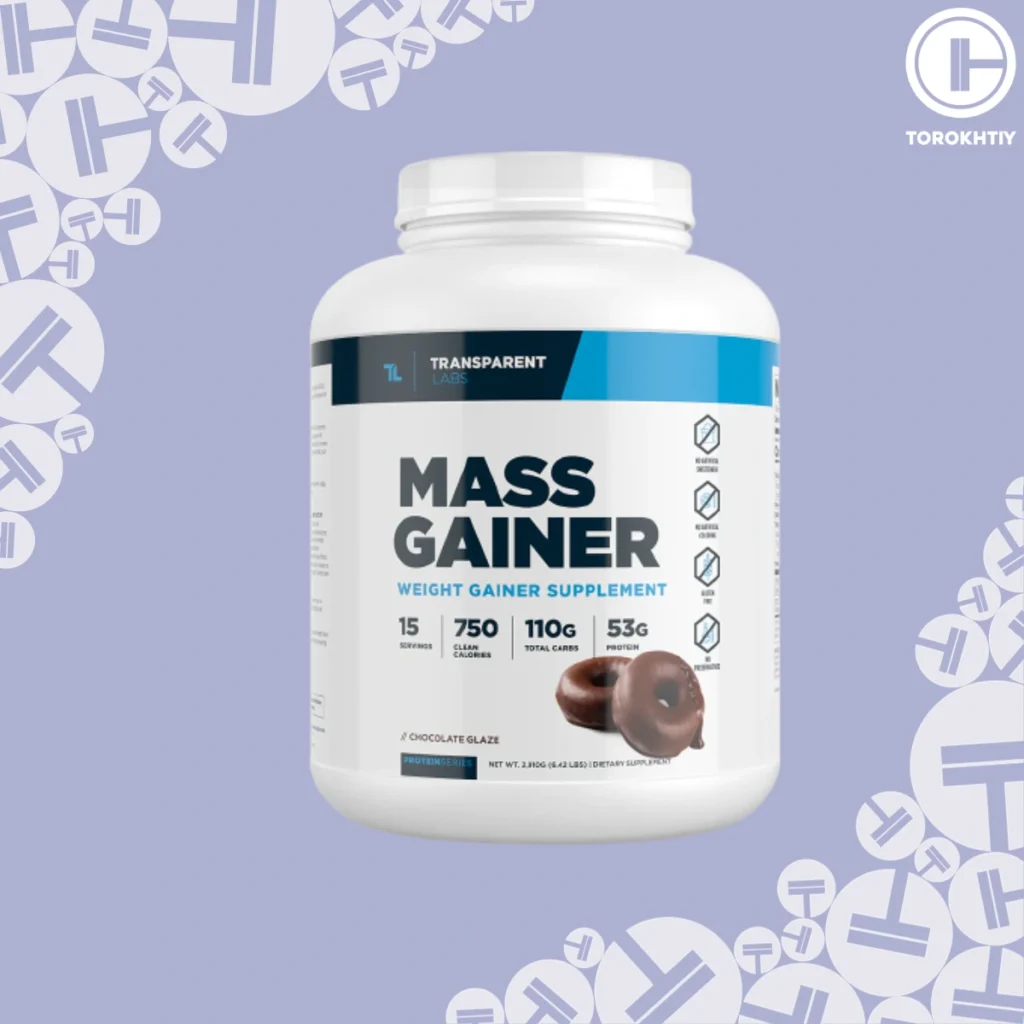
Still have questions after reading our article? Unlock your full potential by engaging with our experts and community! Don’t hesitate — leave a comment below and Camila Parente Santos will provide a personalized answer and insights to help you reach your goals.